Umar Idris Shuaibu, Kano
In the ever-evolving terrain of Nigerian politics, leadership is not merely about occupying the office, it is about shaping institutions, restoring vision, and reengineering systems for lasting impact.
Since assuming the role of National Chairman of the All Progressives Congress (APC) in August 2023, Dr. Abdullahi Umar Ganduje, OFR, has emerged as a transformative figure, steering the ruling party away from post-election uncertainty toward a new era of structure, inclusivity, and strategic depth.
At a time when many feared internal implosion and ideological stagnation, Ganduje offered something different: calculated reform, conflict resolution, digital innovation, and party expansion. His tenure is shaping up to be one of the most institutionally impactful in the APC’s history, and its implications may well determine the party’s political survival and success for years to come.
Related:
2027: Alleged APC Crisis Overblown as Party Leaders Rally Behind Ganduje
One of Ganduje’s first priorities was healing. The APC, though victorious at the 2023 general elections, was riddled with internal divisions from court cases in state chapters to public fallouts among key stakeholders. Rather than allow these conflicts to deepen, Ganduje adopted a grassroots peace building approach. Through behind-the-scenes diplomacy and inclusive dialogue, he reunited opposing factions in some politically sensitive states.
This reconciliation drive did more than prevent defections it restored faith in the APC as a living political family. Ganduje’s method was simple but effective: listen, respect, and reintegrate. The success of this strategy gave the party room to breathe and time to reorganize.
Read Also:
AIG Ammani Orders Tight Security in Kano, Jigawa for Easter Celebrations
Beyond patching wounds, Ganduje has pursued a bold internal democratization agenda. With Nigeria’s electorate becoming more politically aware, Ganduje realized that imposition of candidates, disregard for due process, and opaque primaries were no longer sustainable.
In response, he introduced reforms that ensured:
– Transparent primaries driven by local consensus or fair competition
– Empowerment of women and youth aspirants
– Rewriting internal guidelines to favor accountability and inclusiveness
This effort has begun to restore credibility to the APC’s candidate selection process, especially at the local and state levels critical for upcoming elections and long-term grassroots strength.
Far from resting on existing strongholds, Ganduje has adopted political outreach strategy, pushing the APC into areas where it once had limited presence. The South-South and Southeast have become active focus points, with party membership drives, stakeholder engagements, and realignments gaining ground.
Through this calculated expansion, Ganduje is transforming the APC from a regional-dominated platform to a truly pan-Nigerian political force. It’s a delicate but necessary project one that could redefine the country’s political geography by 2027.
Perhaps one of the most visionary elements of Ganduje’s leadership is his commitment to digital modernization. Recognizing that the 21st-century political party must operate beyond dusty registers and analog structures, he has digitized key APC operations, including:
– Nationwide e-registration of members
– Online party dues and nomination portals
– Digital communication channels to engage youth and remote stakeholders
This shift is already enhancing transparency, accessibility, and voter mobilization giving the APC a tech-powered edge in future political contests.
Dr. Abdullahi Umar Ganduje’s chairmanship is more than a political office it is a mission to rebuild, reform, and reposition the APC as a force beyond 2023. His leadership is proving that with the right blend of wisdom, courage, and innovation, even a fractured party can rise into a model of democratic strength and national cohesion.
Under Ganduje’s chairmanship, he has successfully attracted many new members to the APC, with others currently in discussions to join. This is all part of his broader strategy to consolidate support for the party and ensure the APC’s success in the forthcoming 2025 elections.
If the APC endures and thrives in the next electoral cycle, history will remember not just the party but the man who steered it through its most uncertain hour, with vision, reform, and resilience.

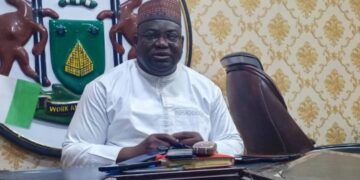





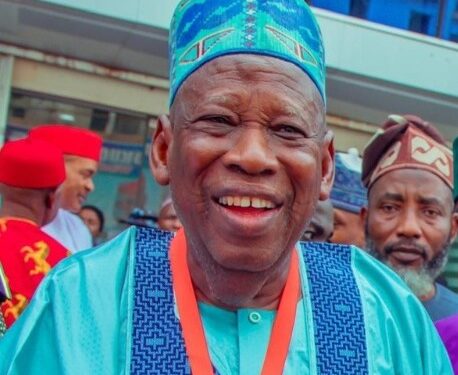





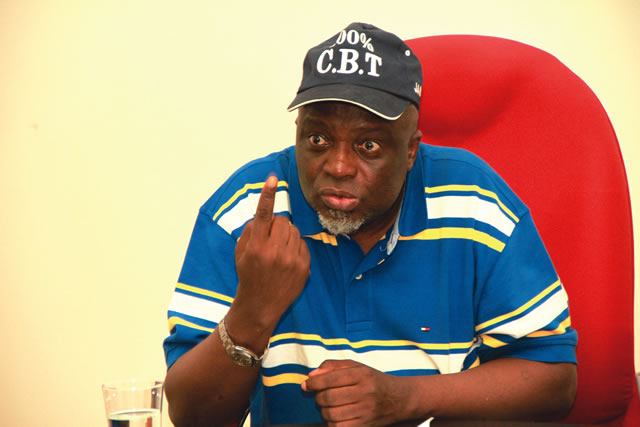
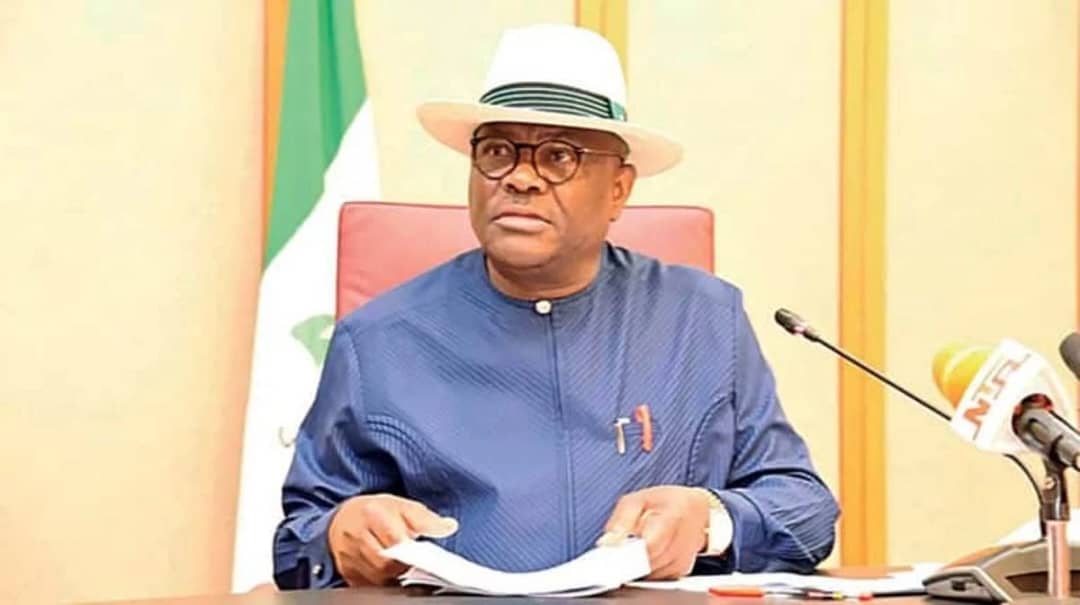
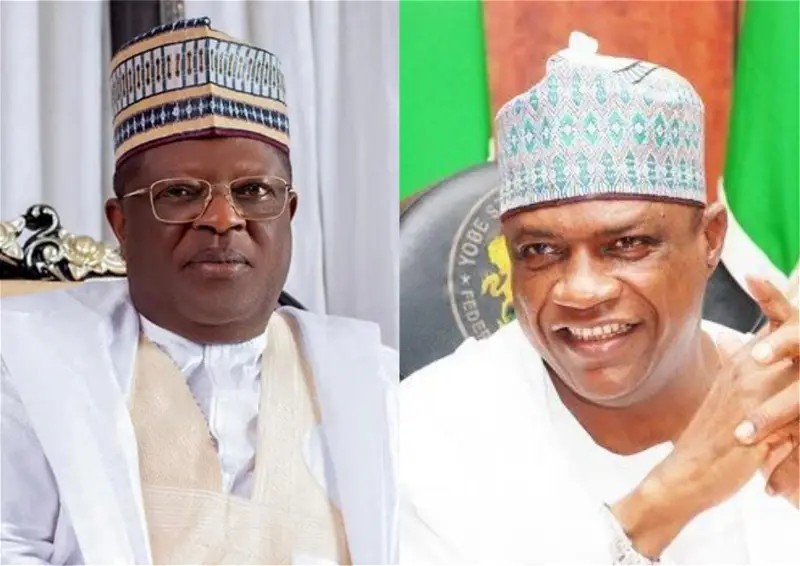







 You can install this WP plugin on your website from the WordPress official website:
You can install this WP plugin on your website from the WordPress official website: 